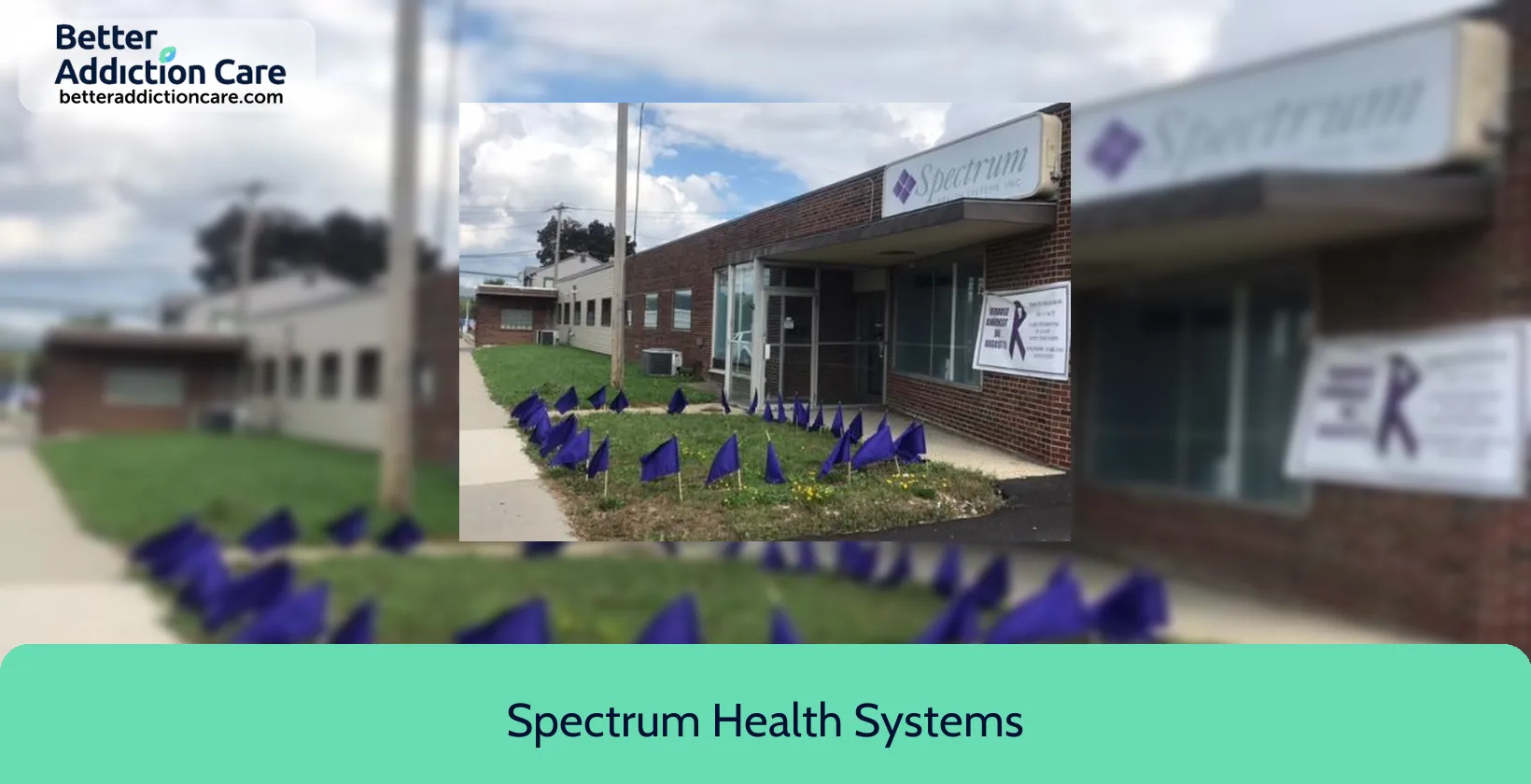Brien Center - Acute Care Services Division

Overview
Brien Center - Acute Care Services Division is a mental health treatment center for people seeking treatment near Berkshire County. As part of their treatment modalities for recovery, Brien Center - Acute Care Services Division provides couples/family therapy, group counseling, and cognitive behavioral therapy during treatment. Brien Center - Acute Care Services Division is located in Pittsfield, Massachusetts, accepting cash or self-payment for treatment.
Brien Center - Acute Care Services Division at a Glance
Payment Options
- Cash or self-payment
- Medicaid
- Medicare
- State-financed health insurance plan other than Medicaid
- Private health insurance
Assessments
- Comprehensive mental health assessment
- Comprehensive substance use assessment
Age Groups
- Children/adolescents
- Young adults
- Adults
- Seniors
Ancillary Services
- Case management service
- Suicide prevention services
Highlights About Brien Center - Acute Care Services Division
6.65/10
With an overall rating of 6.65/10, this facility has following balanced range of services. Alcohol Rehabilitation: 8.00/10, Drug Rehab and Detox: 6.00/10, Insurance and Payments: 6.00/10, Treatment Options: 6.61/10.-
Alcohol Rehabilitation 8.00
-
Treatment Options 6.61
-
Drug Rehab and Detox 6.00
-
Insurance and Payments 6.00
Treatment At Brien Center - Acute Care Services Division
Treatment Conditions
- Alcoholism
- Mental health treatment
- Substance use treatment
- Co-occurring Disorders
Care Levels
- Outpatient
Treatment Modalities
- Couples/family therapy
- Group counseling
- Cognitive behavioral therapy
- Dialectical behavior therapy
- Integrated Mental and Substance Use Disorder treatment
Get Help Now
Common Questions About Brien Center - Acute Care Services Division
Contact Information
Other Facilities in Pittsfield

7.42

7.16

6.83

7.28

6.79

7.58

6.97

7.35
DISCLAIMER: The facility name, logo and brand are the property and registered trademarks of Spectrum Health Systems, and are being used for identification and informational purposes only. Use of these names, logos and brands shall not imply endorsement. BetterAddictionCare.com is not affiliated with or sponsored by Spectrum Health Systems.
